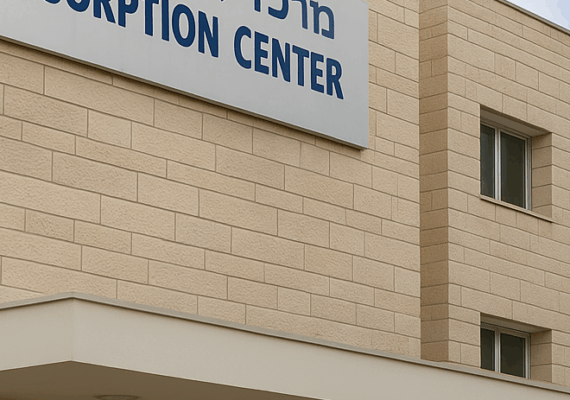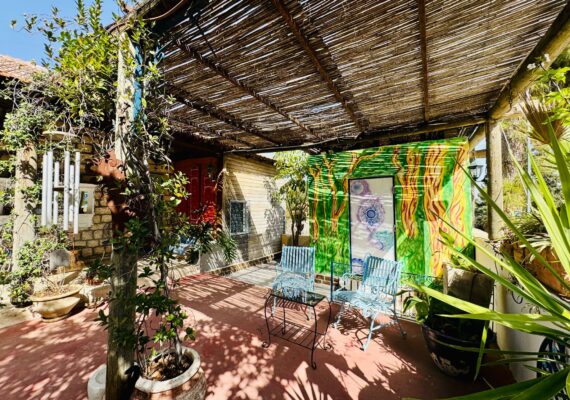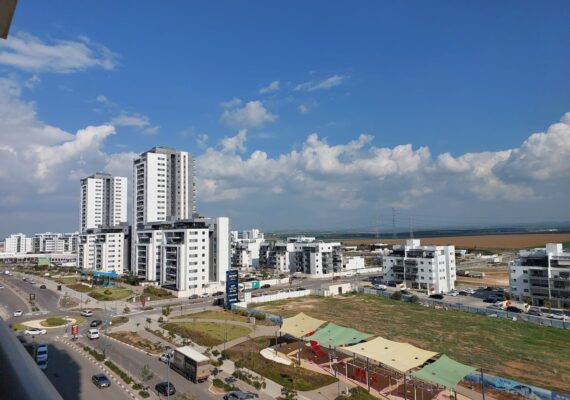The Israeli real estate market is dynamic, fast-moving, and increasingly global. Whether you’re buying a beachfront apartment in Tel Aviv, looking to invest from abroad, or planning to rent in Jerusalem, there’s a lot to consider — especially if you’re unfamiliar with the local laws and customs.
We’ve put together this comprehensive FAQ to answer the most common questions we hear from clients — both local and international. From taxes and mortgages to renting and investing, here’s everything you need to know.
🛒 Buying Property in Israel
Can Foreigners Buy Property in Israel?
Yes, foreigners can legally buy property in Israel. The process is relatively straightforward in major cities and for properties on private land. While there may be some restrictions in certain areas (especially near security zones), most urban purchases pose no issue.
Many buyers from the U.S., UK, France, Canada, and elsewhere invest in Israeli real estate — either as a vacation home, rental income property, or future aliyah residence.
What Taxes Apply When Buying Property?
When purchasing real estate in Israel, the primary tax you’ll encounter is Purchase Tax (Mas Rechisha). For non-residents or buyers of secondary properties, the rate typically starts around 8%, but this can vary based on the property value and buyer status.
If and when you sell the property, you may also be liable for Betterment Tax (Mas Shevach), which is a capital gains tax. However, exemptions and deductions may apply depending on residency status and holding period.
What Is the Process for Buying an Apartment?
Here’s a simplified version of the property purchase process in Israel:
- Find a property: Through a licensed agent or private listings.
- Hire a real estate lawyer: This is critical. Israeli real estate law is complex and bilingual contracts are common.
- Negotiate and sign a contract: Usually within days of agreeing on a price.
- Transfer funds via escrow: Payments are typically staggered.
- Register ownership: Your lawyer will handle the registration with the Land Registry (Tabu) or relevant authority.
Can I Get a Mortgage in Israel as a Foreigner?
Yes, many Israeli banks offer mortgages to non-residents. However, the conditions tend to be stricter than for locals:
- Most banks finance up to 50%–60% of the property’s value.
- Required documents include proof of income, creditworthiness, and identification.
- Interest rates vary depending on your financial profile and whether you have Israeli income.
Working with a local mortgage broker who specializes in foreign clients can make this process much smoother.
🧾 Costs & Legal Considerations
What Are the Typical Closing Costs?
Aside from the purchase price, buyers should budget an additional 6%–9% for closing costs. These usually include:
- Purchase Tax (Mas Rechisha)
- Lawyer’s fee: Usually 1%–2% of the property value + VAT
- Appraisal and bank fees (if financing is involved)
- Agent commission (typically 1%–2%)
Some buyers may also choose to pay for a structural inspection, especially in older buildings.
🏘 Renting in Israel
What’s the Typical Lease Length?
In Israel, most rental contracts are for 12 months, often with an option to extend. It’s common to agree on a longer duration upfront (e.g., 2–3 years) with price adjustments built in.
Short-term rentals (under 6 months) are available but less common outside central urban areas or tourist zones.
Do I Need a Guarantor to Rent?
Yes, most landlords require a guarantor, especially for foreign renters or young tenants. Alternatives may include:
- A bank guarantee (issued by your bank to assure payment)
- Several post-dated checks (common in Israel)
- A security deposit, typically 1–3 months’ rent
Requirements vary depending on the landlord’s preference and your financial standing.
💼 Real Estate Investing in Israel
Is Israeli Real Estate a Good Investment?
Over the last decade, Israeli real estate has shown strong long-term returns — especially in Tel Aviv, Herzliya, Netanya, and Jerusalem. Key drivers include:
- High demand and limited land
- Steady population growth
- A strong tech economy attracting global professionals
- A culture of homeownership
In 2025, while prices have leveled slightly in some areas, demand remains robust — especially for well-located properties near transportation, education hubs, or beachfronts.
Can I Rent Out My Property on Airbnb?
Yes, short-term rentals like Airbnb are legal in most Israeli cities. However, some municipalities (like Tel Aviv and Jerusalem) have introduced regulations or restrictions on short-term vacation rentals — especially in residential buildings.
You may also need to:
- Register with the tax authority
- Pay VAT or income tax on earnings
- Ensure compliance with building and safety standards
Consult a lawyer or accountant to ensure you’re compliant.
✈️ For Overseas Buyers
Whether you’re buying from abroad or planning to relocate, you can manage most of the process remotely with the help of a trusted real estate attorney and agent.
Consider granting power of attorney to your lawyer to sign documents, complete registrations, and handle bureaucracy on your behalf. Many buyers from abroad never need to physically visit Israel during the purchase process.
🧠 Final Thoughts
Israel’s property market remains one of the most attractive in the region — both for lifestyle and long-term investment. But it’s also highly regulated and fast-paced. Doing your research and working with trusted professionals is key.
If you’re thinking about buying, renting, or investing in Israeli real estate, reach out to a knowledgeable agent and lawyer who specialize in working with international clients.
🔍 Need Help?
Looking for a property in Israel? Get in touch and we’ll connect you with vetted professionals to guide you every step of the way — from viewing to contract to keys in hand.







